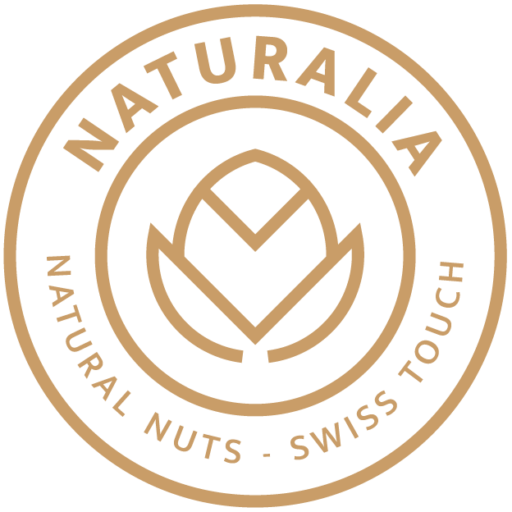Our Products
Pistachio 'Antep Jumbo'
The size is Jumbo, which is the largest type and the best quality. The shell and kernel are slightly smaller than the Siirt type. The kernel has a higher oleic oil content (natural oil content) than the Siirt type. The kernel is light green on the outside. They are roasted in the shell and have a slight salt content. The Iranian and US equivalents are drier and the alpha-toxin is significantly higher than in Antep pistachios. This quality is available unroasted, roasted and double roasted.


Pistachio 'Siirt Jumbo
This quality is slightly larger (fuller in the shell) than Antep, with a higher degree of oleic oil (natural oil content), compared to normal Siirt. The appearance both inside and outside the shell is light pink, the kernel reddish/pink. They are toasted in the shell and have a slight salt content. The Siirt Jumbo type is slightly smaller than the shelled almond with a longer shelf life and lower alpha-toxin than the pistachio produced in Iran. This grade is available unroasted, roasted and double roasted. Chopped or sliced are not available in roasted form.
Jumbo' peanuts
Jumbo Peanuts are grown in the Gaziantep region, which produces over 50% of Turkish nut-based foods. The peanuts are larger than American peanuts, with more fibre, protein and natural oil. The peanuts are harvested once a year from small and medium-sized farms. The nuts are grown naturally without any chemical inputs. They are processed with heated roasters to remove the outer peel and bring out the golden colour. The nuts are roasted with or without salt.


Pine Nuts and Hazelnuts
These pine kernels are produced on a small scale in northern Kazakhstan, near the Altai region in a natural forest; production is limited to climatic conditions ranging from -35 to +28 during the year.
These premium hazelnuts are produced in the western and central Black Sea regions of Turkey. They are dry roasted and vacuum packed with an average combined shelf life of three years.
Walnuts
These nuts come from the regions of Corum, Tokat, Van and Kahramanmaras. They are grown naturally without the use of pesticides and chemical fertilisers. These nuts are of high quality in terms of nutrition and exceed the usual export quality, being mostly consumed as a high-end product in Turkey. The kernels and nuts in shell are processed and washed using natural methods that maintain their high quality.


Grapes and Sultanas
Dried black grapes are cultivated in the Malatya and Elazig region. They are dried naturally in the sun with the seeds and have a deep black and red colour. These grapes have historically been used to produce the wines of the Elazig region.
The Sultanina grape is mainly cultivated in the Aegean region, and the harvest starts at the end of August. Natural drying in the sun ensures that it does not lose its natural sweet flavour.
Malatya' apricots
These apricots are a primary product of the Malatya region. Most of the dried apricots sold in premium supermarket chains in Western Europe come from the Malatya region. The stones are removed by hand before drying.
The orange apricot is slightly moist and soft, and is first sun-dried and then naturally baked in mud furnaces to its final consistency.
The brown apricots are sun-dried in the open air until most of its moisture is gone and then placed in a dark warehouse.

